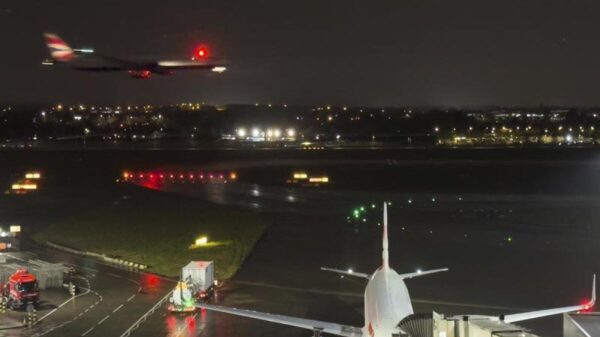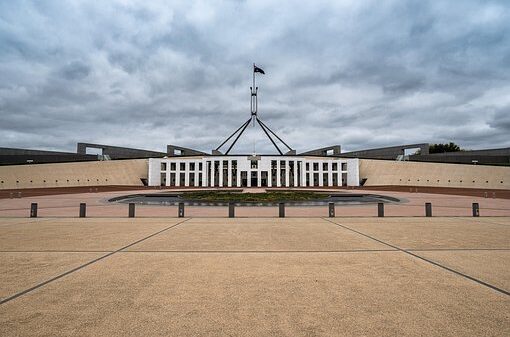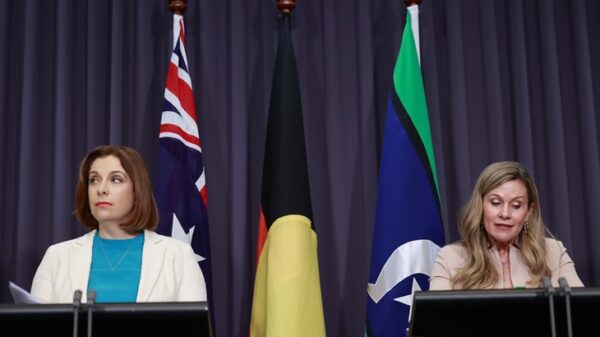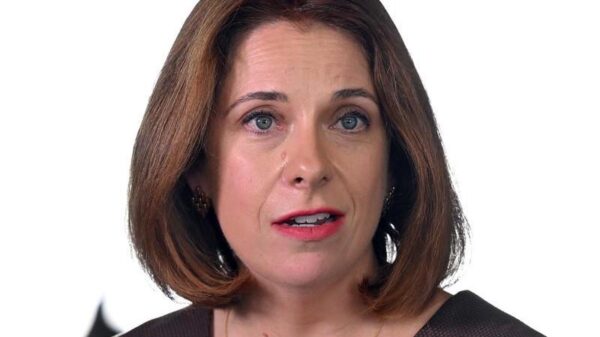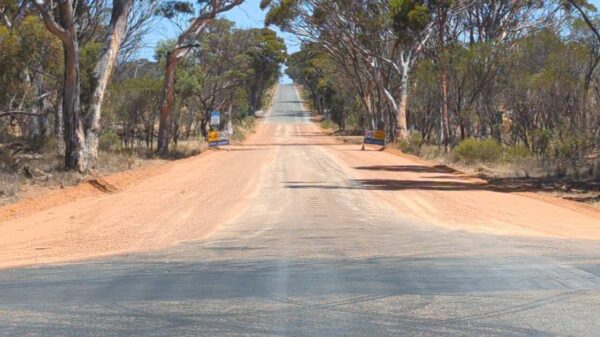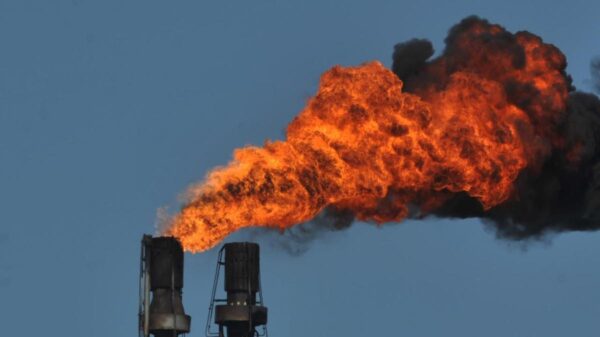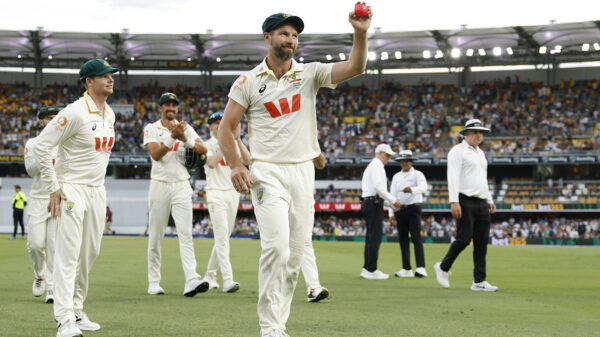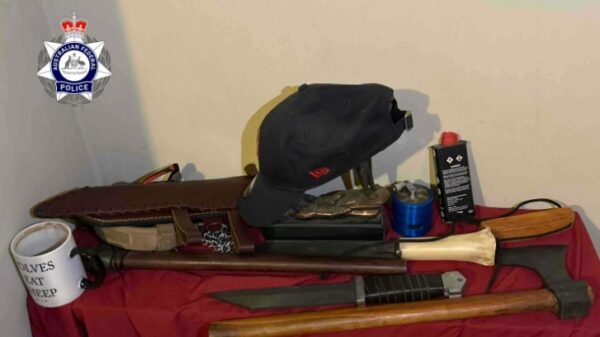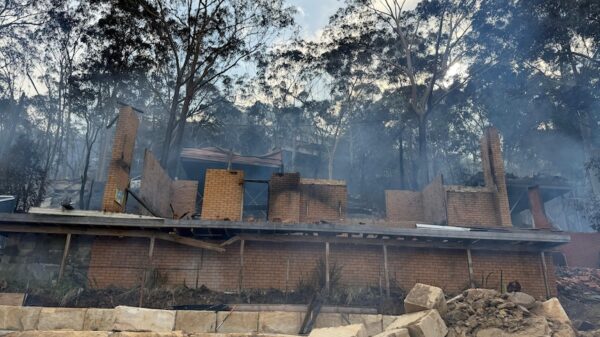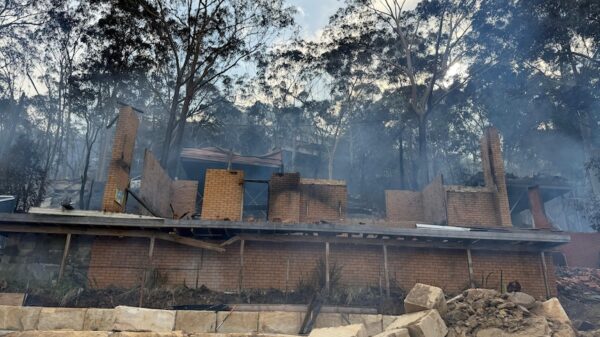Israel is prepared to assist Lebanon in its efforts to disarm Hezbollah, as announced by Prime Minister Benjamin Netanyahu‘s office. This comes in response to a recent decision by the Lebanese cabinet to support a United States initiative aimed at disarming the Iran-backed militant group. The US-backed framework has already sparked significant debate within Lebanon.
Earlier this month, the Lebanese cabinet endorsed the objectives of this disarmament plan, which was detailed by US envoy Tom Barrack. The proposal outlines a comprehensive roadmap for curbing Hezbollah’s military capabilities. Netanyahu’s office stated that should the Lebanese Army begin implementing the plan, Israel would consider reciprocating by reducing its military presence in the region, coordinated with a US-led security mechanism.
Lebanon’s Divided Response and Hezbollah’s Stance
The endorsement of the disarmament plan has created sharp divisions within Lebanon. Hezbollah has consistently rejected calls to disarm, particularly following the devastating war with Israel in late 2024, which left extensive damage in Lebanon. The conflict resulted in over 4,000 fatalities and caused damages estimated at $11 billion.
A US-brokered ceasefire in November concluded that conflict and mandated Lebanon to confiscate all “unauthorized” weapons. In exchange, Israel agreed to halt its offensive operations against Lebanese targets. Despite this ceasefire, Israel has retained military positions along the southern border and has conducted airstrikes against what it claims are Hezbollah fighters and military facilities.
Recent Escalations and Civilian Casualties in Gaza
In a separate context, Israeli airstrikes have continued to inflict civilian casualties in Gaza. On Monday, strikes on Nasser Hospital resulted in at least 15 deaths, including three journalists. According to Palestinian health officials, cameraman Hussam al-Masri, a contractor for Reuters, was among the victims. Another Reuters contractor, photographer Hatem Khaled, sustained injuries.
“The victims on the fourth floor of Nasser Hospital were killed in a double-tap strike with one missile hitting first, then another moments later as rescue crews arrived,” stated a health ministry official.
Nasser Hospital, the largest medical facility in southern Gaza, has faced ongoing attacks throughout the conflict, with officials reporting critical shortages of supplies and staff. Israeli military operations targeting hospitals have become increasingly common, with claims that militants operate within these facilities, although evidence to substantiate such claims has not been provided.
As of now, the health ministry in Gaza reports that at least 62,686 Palestinians have died in the ongoing conflict, with around half identified as women and children. This figure is acknowledged as one of the most reliable sources for war casualties by the UN and independent experts, though Israel disputes these numbers without providing alternative figures.
In light of escalating tensions, Israeli military chief Eyal Zamir has intensified his warnings regarding the planned takeover of Gaza City. During a visit to a naval base, he urged Prime Minister Netanyahu to accept a ceasefire proposal aimed at securing the release of remaining hostages. Israeli media reported that Zamir emphasized the urgency of accepting the proposed deal, which would involve a 60-day ceasefire in exchange for the release of hostages.
This ongoing situation highlights the complex interplay between military action and diplomatic efforts in the region, as both Israel and Lebanon navigate their respective challenges amidst continuing conflict and humanitarian crises.









